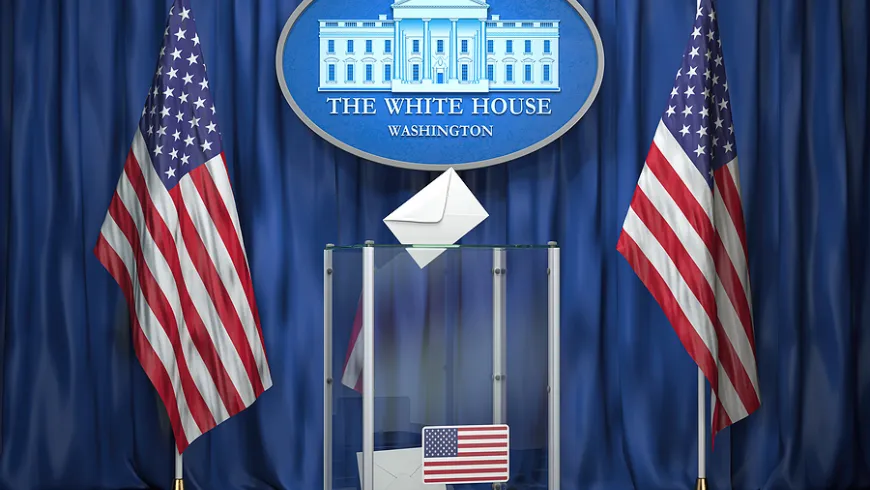Instituto Franklin-UAH analyzes the results of the United States presidential election and its influence at international level
Yesterday, November 6th, Donald Trump won for the second time in his political career after a year of electoral campaigns with narrow margins between the candidates. During the past months, and especially in the final stretch of the elections and the counting of votes, researchers at the Instituto Franklin of the Universidad de Alcalá have focused on the coverage of this political event so influential in the global geopolitical landscape through interventions in the main Spanish media outlets, such as Antena 3, Telecinco, RTVE, LaSexta, La Ser, RNE, La Razón or EuropaPress, among others.
In addition, to analyze the results of these elections, the Instituto Franklin-UAH organizes in the coming weeks a series of events that will examine in depth the impact that the new presidency of Donald Trump may have in different areas, such as the consequences in the relations between the United States and Europe, the voting patterns of these last elections, or the forecasts on the position of the United States in international conflicts.
On Thursday, November 14th, the Instituto, with the collaboration of the Fundación Consejo España-EE.UU., is organizing at the Office of the European Parliament in Madrid from 9:30 to 14:30 the seminar “Presidential Elections in the United States. Future of connections with the European Union” in order to analyze how the policies of the new US administration will affect, from November 5th, the fragile balance of power globally and what consequences they could have for the European Union in the coming years. This event will include the participation of Jaime Malet, president of the US Chamber of Commerce in Spain; General Rubén García Servet, former commander of NATO's Combined Air Operations Center South; Florentino Portero, historian, analyst of international relations, geopolitics and global affairs; Raquel Barras, Adjunct Professor of International Relations at the Universidad Complutense de Madrid; David García Cantalapiedra, Associate Professor of International Relations at the Universidad Complutense de Madrid; and Anna Bosh, journalist specialized in international information; Ángel Saz-Carranza, Director of the Centre for Global Economy and Geopolitics (EsadeGeo); and Miguel Ángel Benedicto, Associate Professor of Political Science at the Universidad Complutense de Madrid.
The conference “Analyzing the 2024 U.S. Election Results: Voting Patterns and Policy Effects”, given by Neal Allen, Adjunct Professor of Political Science at Wichita State University, Kansas, will take place next Monday, November 25th at 18:00h in the Salón de Actos of the Colegio de Málaga of the Universidad de Alcalá. In this lecture, Prof. Allen will explore the trends behind the results of this 2024 US presidential election and the possible impact it will have on issues such as the economy, social justice and international relations.
On November 26th at 18: 00h, the Instituto Franklin-UAH and Centro Sefarad-Israel organize the round table “The new US presidency in the face of the situation in the Middle East”, in which David García Cantalapiedra, Associate Professor of International Relations at the Universidad Complutense de Madrid, Marta González Isidoro, graduate in Journalism and in Political Science and Sociology and specialized in International Relations, Security and Defense, Juan Tovar, Associate Professor of International Relations at the Universidad de Burgos, and Diana Mata, journalist and expert in North American Studies, will address how tensions in the Middle East influence the discourse and decisions of presidential candidates, and how the electoral outcome in the United States could shape the dynamics and alliances in this region. The roundtable will be held at Centro Sefarad-Israel.
The Instituto Franklin-UAH offers the possibility of following current events in the United States through the publication of threads and reels in its social networks and articles by expert analysts in the blog Diálogo Atlántico and the journal Tribuna Norteamericana.


